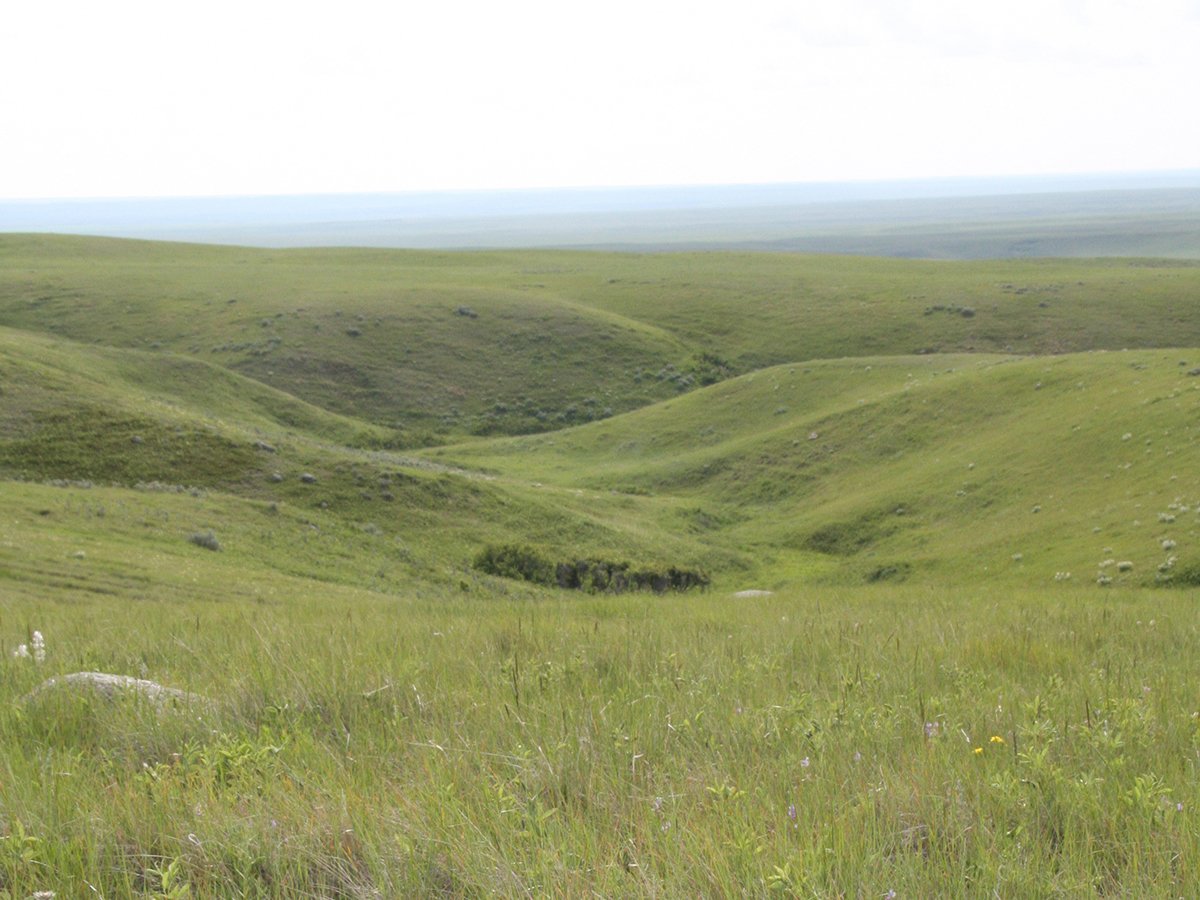Livestock producers scavenging for feed and bedding this fall are
finding the cost of moving supplies almost out of reach.
Even programs like the Hay West Initiative report extremely high costs
for shipping donated feed.
Hay West managed to get hay trucked to Alberta and Saskatchewan for
$1.10 per loaded mile, which was defrayed by fuel donations from Shell
and Husky Oil. Even with that donation, it cost between $4,000 and
$5,000 per truckload to bring hay from Ontario.
Read Also

Alberta irrigation project on grasslands approved
Environmental concerns raised by Alberta conservation groups over irrigation expansion project within rural municipality
“Is Hay West spending the money in the best possible way or would it be
better to provide the money to buy feed and bedding?” said Hay West
spokesperson Rob Jellet.
While many local support groups say they are willing to pay for feed,
Rose Ortman of the Hands of Hope-Adopt a Cow program in Cochrane said
freight rates are exorbitant.
“There’s still feed out there. You have to track it down.”
However, trucking costs in Alberta average $3.50 per loaded mile to
haul 40 large bales.
Alternative feed and bedding are also being sought, but some carry
warnings.
Some producers may opt for wood shavings or sawdust, but are advised
not to calve out on sawdust because of possible bacterial
contamination. Feeding rye straw to horses could cause abortions next
spring.
Feed supplies must be checked for high levels of nitrates in
drought-stressed crops. High nitrate levels can be toxic to livestock.
Other campaigns formed to find hay for specific groups include:
- The 4-H Foundation is looking for feed and bedding for members’
livestock projects.
“There are some cases where members have sold entire herds and all that
is left is the 4-H project,” said 4-H of Alberta foundation manager
Bruce Banks.
There are 6,200 members with 11,000 livestock projects.
- Sheep and goat owners have set up the Feedline Connection to list
feed. Contract arrangements are between farmers. The website is
www.farm-online.com/feedline.
- The Canadian Foodgrains Bank and Mennonite Disaster Service have a
toll free number to compile pasture, feed and bedding listings. Farmers
with surpluses may call 866-637-3276. They will be linked by Mennonite
volunteers to those in need. Pricing, purchase and transport
arrangements are negotiated between farmers.
- Big Rock Brewery of Calgary will donate $2 for each 12-pack case of
bottles or cans of Grasshopper Wheat Ale purchased. The money will be
given to the Drought Aid 2002 fund established by Alberta producer
groups.
- Calgary Co-op and the Bank of Nova Scotia are accepting donations to
buy hay, particularly for people on small holdings who are in dire
need. Co-op shoppers are asked to donate $5 for Alberta livestock at
the checkout. The Canadian Federation of Humane Societies will handle
money and issue tax receipts.
- The federation has established a Canadian Livestock Emergency Fund to
distribute donations to buy feed. The charitable number is 11883 0884
RR0001 or contact Eric Adriaans at 888-678-2347.

















